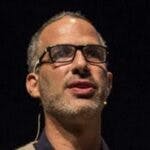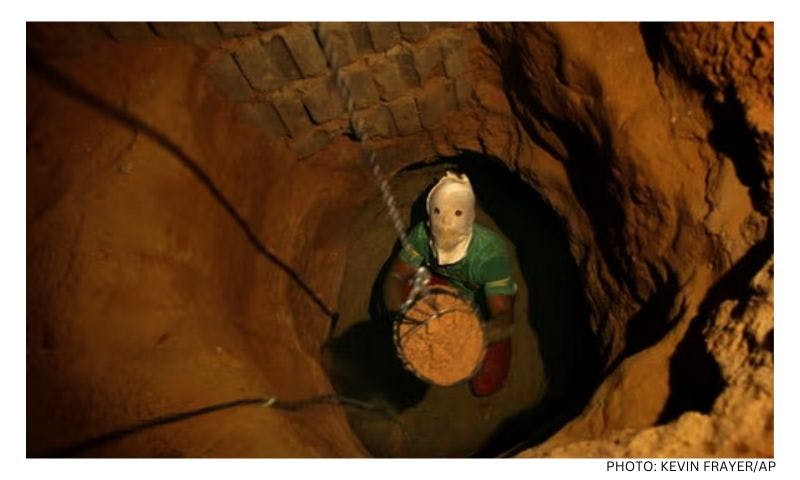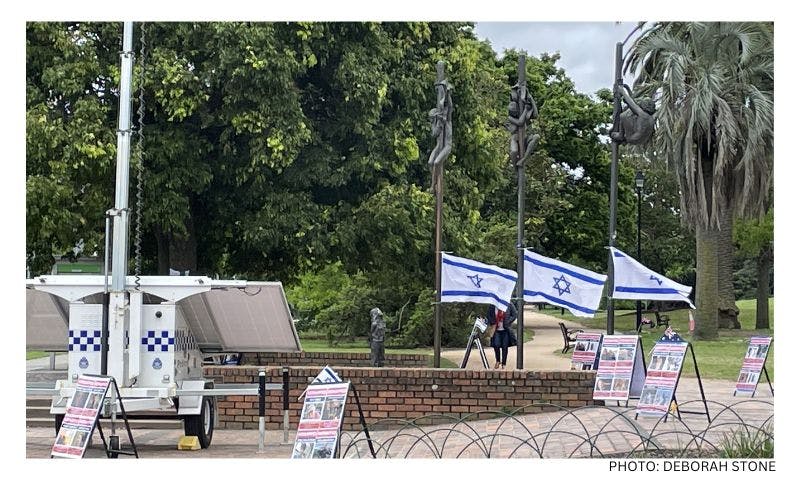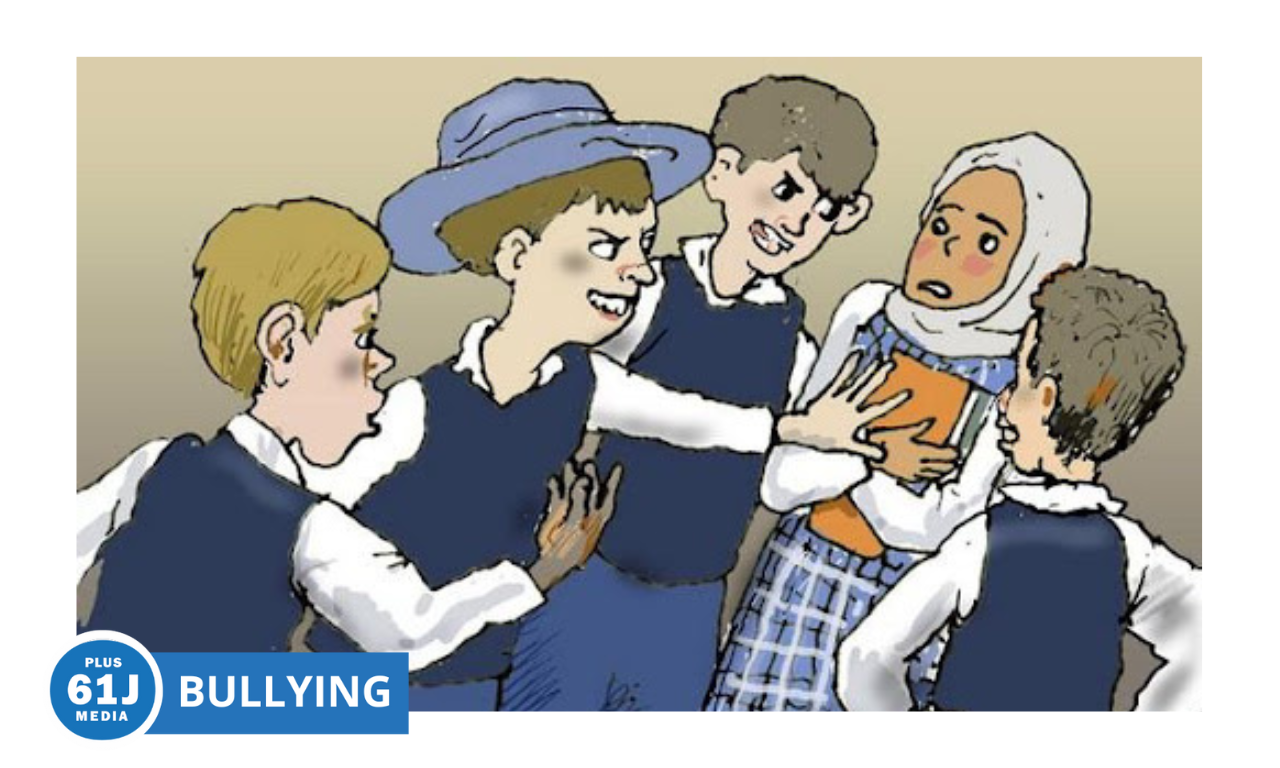Published: 19 September 2019
Last updated: 4 March 2024
I am crippled with pain and the ball runs into the goal. Everybody laughs. I straighten up, join the laugh, then tell her “thank god I’ve got a kid already”. I couldn’t help commenting. It’s a new experience for me to play with women.
Every week I play with a Middle Eastern football team. It is like going back in a time machine to when the Middle East was united in kind of a European Union. We have Palestinian and Israelis like me. We have Syrians and Lebanese and other internationals. Berlin gives us this rare opportunity to ignore national boundaries.
We don’t even talk about the ongoing occupation, siege, and strict borders in Israel-Palestine. Away from the conflict, our enjoyment is only for the sake of the sport. Recently three women came to our football field and asked if they could play with us. The Middle Eastern men looked at each other and agreed. I don’t know what happened. We were already without national borders so maybe dissolving t gender boundaries just extended the spirit.
Every week, when we finish playing our game, a more professional team enters the playground. They are mostly German players and they remind me of my old team in Israel, men-only and serious. I don’t want to generalise but I think they have never had a woman play with them; nor any migrant. I wonder why our team gets more and more mixed.
When somebody new comes to play with us and asks, “Where are you from?”, the Israelis say Israel and the Palestinians say Palestine. Both mean the same territory. I remember once a Syrian player came to play with us and, pointing to the Israeli Jews, asked the Palestinian player where we were from,
The Palestinian laughed: “they are also from Palestine”. But they are my brothers, he added. And then we, the Israeli Jews, both Ashkenazim and Mizrahim, put on a guilty smile and secretly pray that one day this guilt will be over and the racism of our country will be a thing of the past.
When one thinks about the Middle East, one thinks about war, aggression, hate. We heard a media report recently about a Palestinian with a kippa who was attacked by another Syrian kid with a belt. But you will never hear about our game and the success of a whole community in Kreuzberg and Neukölln.
It is not news; it is reality. My utopia is that one day Middle Eastern countries can play football with each other like we do. Actually, Israel played in the 1968 AFC Asian Cup. But that was then. Today, Israel wants to be in Europe and deny its Asian heritage.
When the World Cup is being played, Israeli television offered women discounts to go to buy from department stores. For a long time, football was divided along gender lines. I grew up to be a Maccabi Haifa football fan - a man watching 11 men running against other 11 men.
But as I grew up I saw that life is more complicated, especially when I and edited a magazine that dealt with football from a Palestinian, Mizrahi, feminist and queer point of view (2007). We looked at how football changed from Ashkenazi players in the 1950s to a broader l Mizrahi-Palestinian representation today. One of our authors described how the Palestinians got included as players and also, how as football players they developed their Arab identity.
Yet although football brings all nationalities together, it continues to be homophobic and sexist?
I don’t understand. Our mix brings further mixes. I remember one time we played with a few Turkish kids. Then came the women. What made the world break national borders in football but maintain gender boundaries at the same time? It must have taken quite an effort, because it didn’t take us any effort to include women. And they play great. What’s more, they make us men play better.
I have received some complaints from my teammates that I played too aggressively in our games. They were right; I know I don’t have the speed, talent and technique that some of the others have. So I compensate with aggression. But then I use it against a Palestinian player. They told me off again and I felt bad because every time you foul a Palestinian, it’s loaded with something else. I can’t say exactly what it is. I am still an Israeli. I immediately apologise.
But would I do the same thing – the foul and the apology – with women players?
Illustration: John Kron




